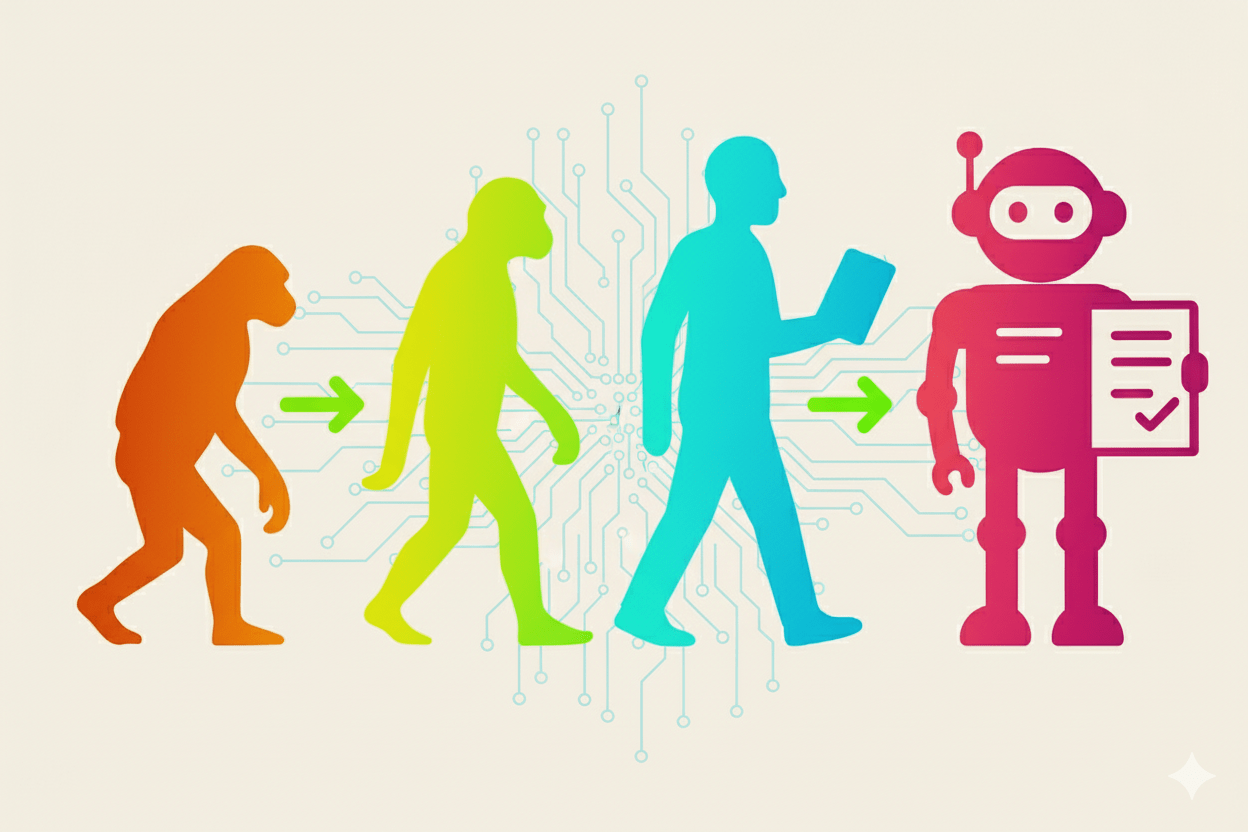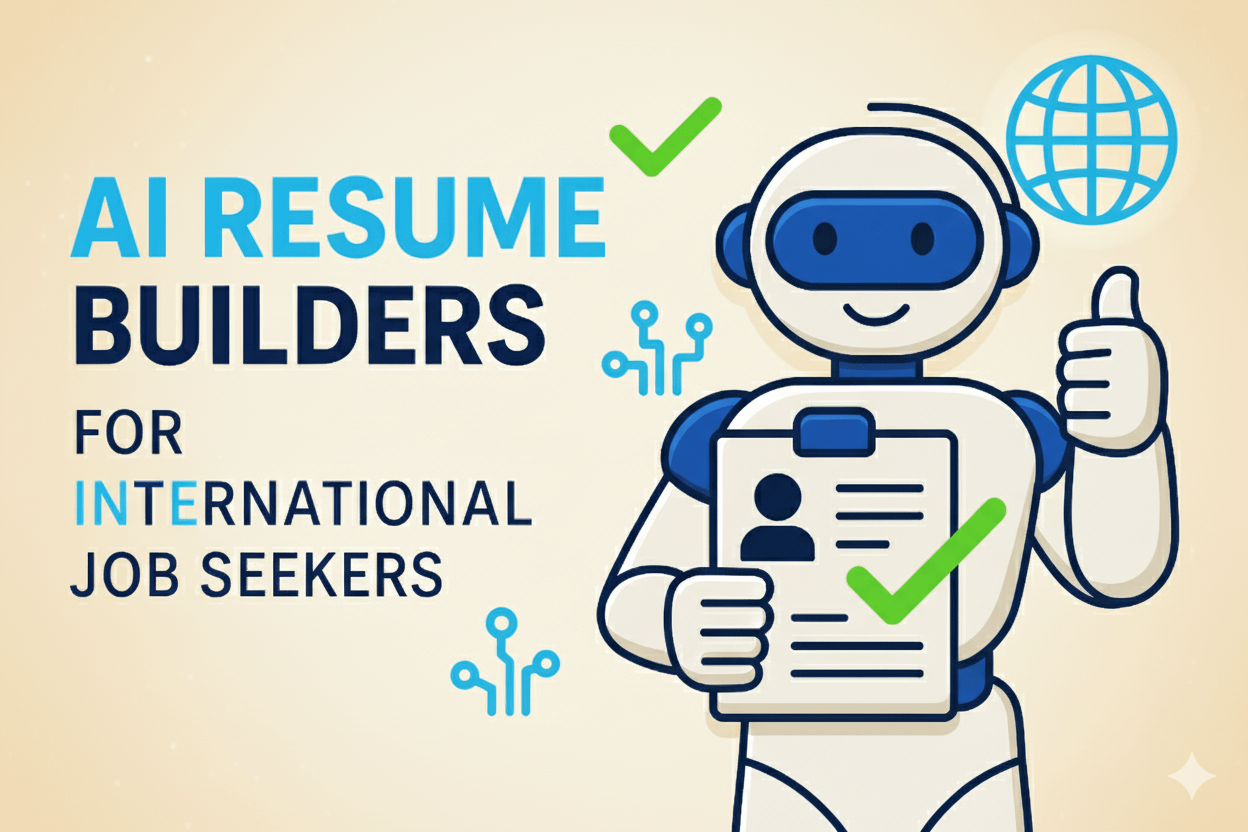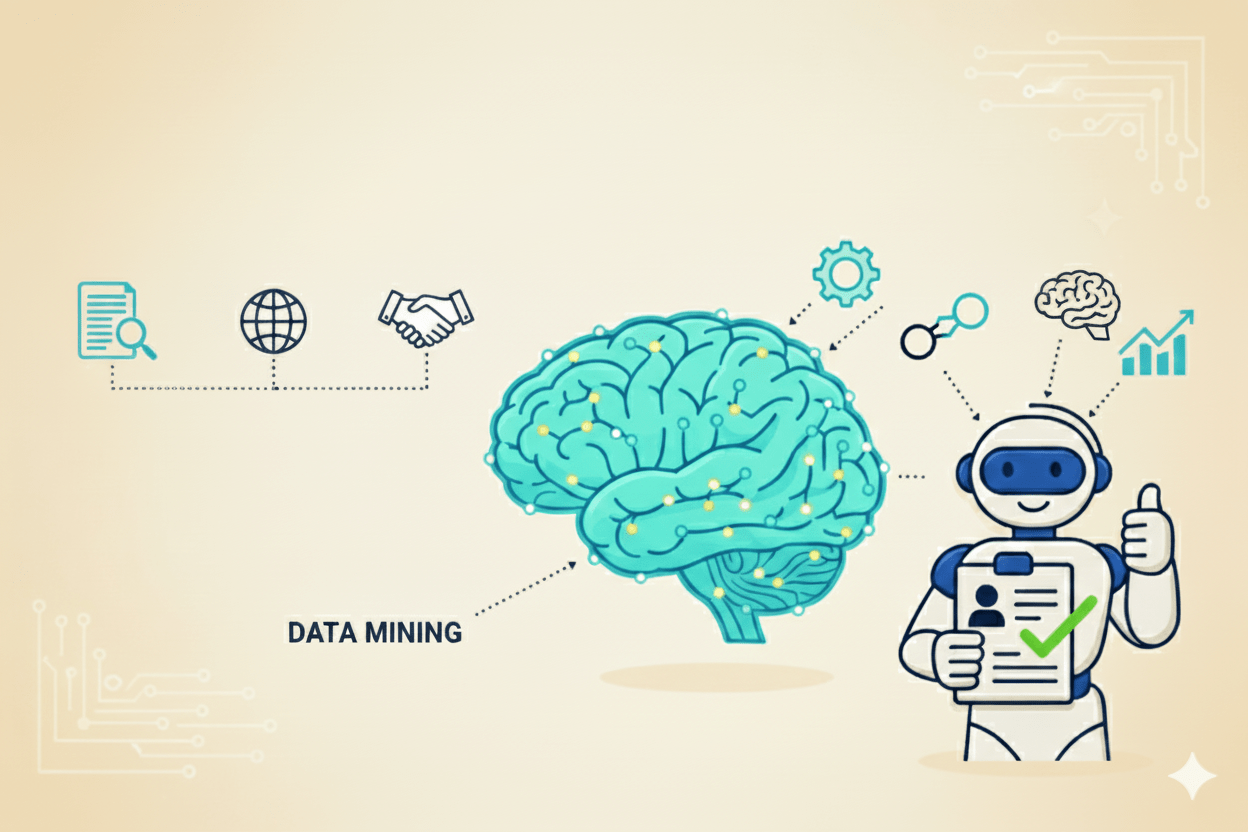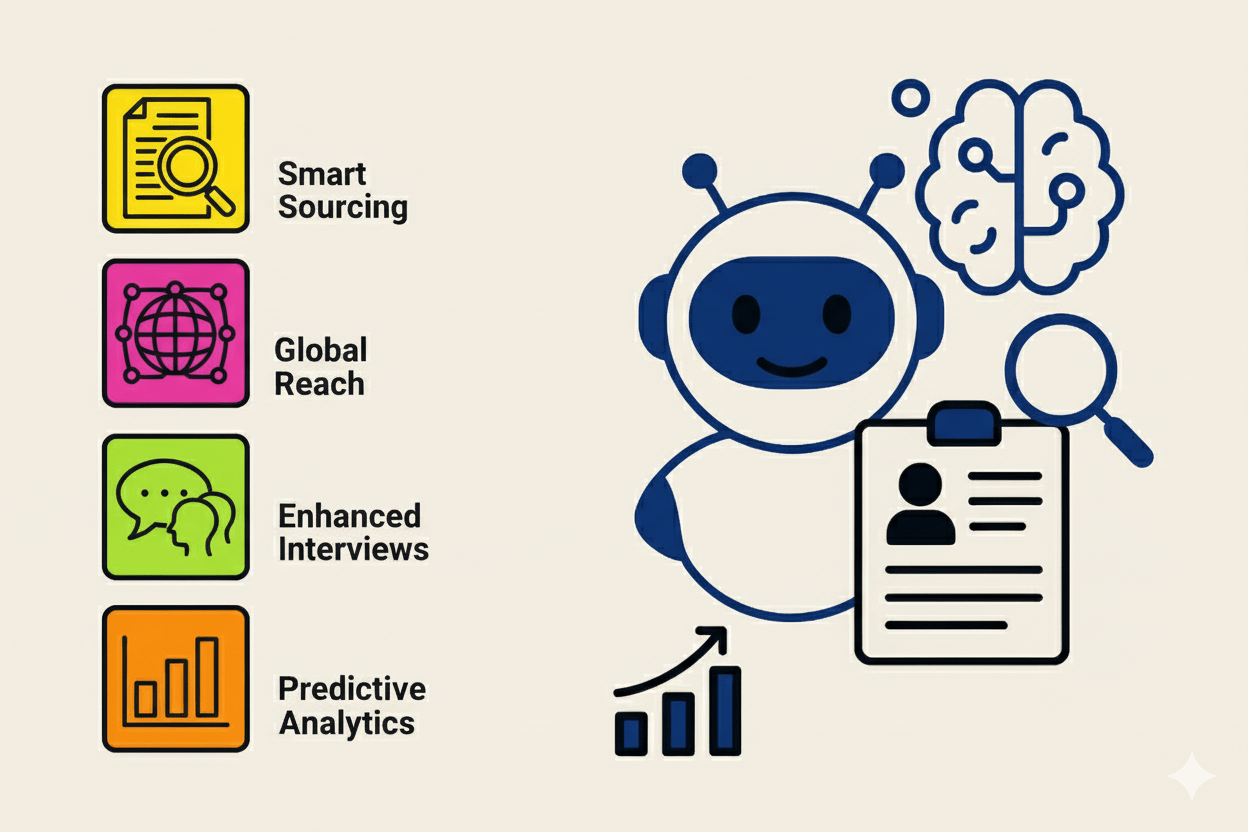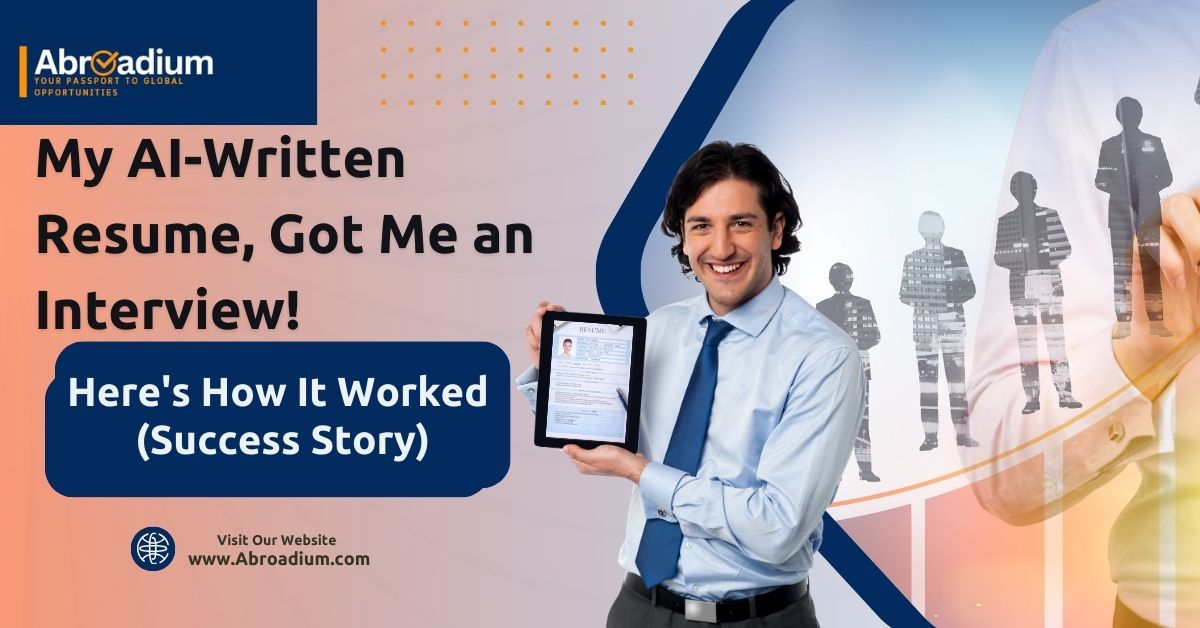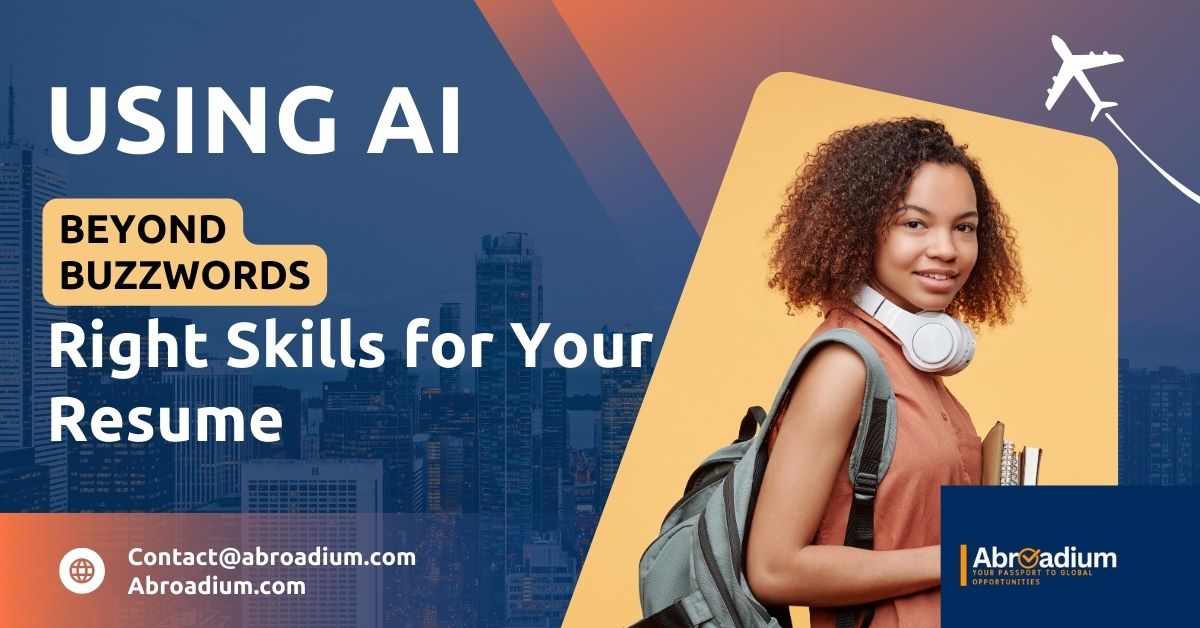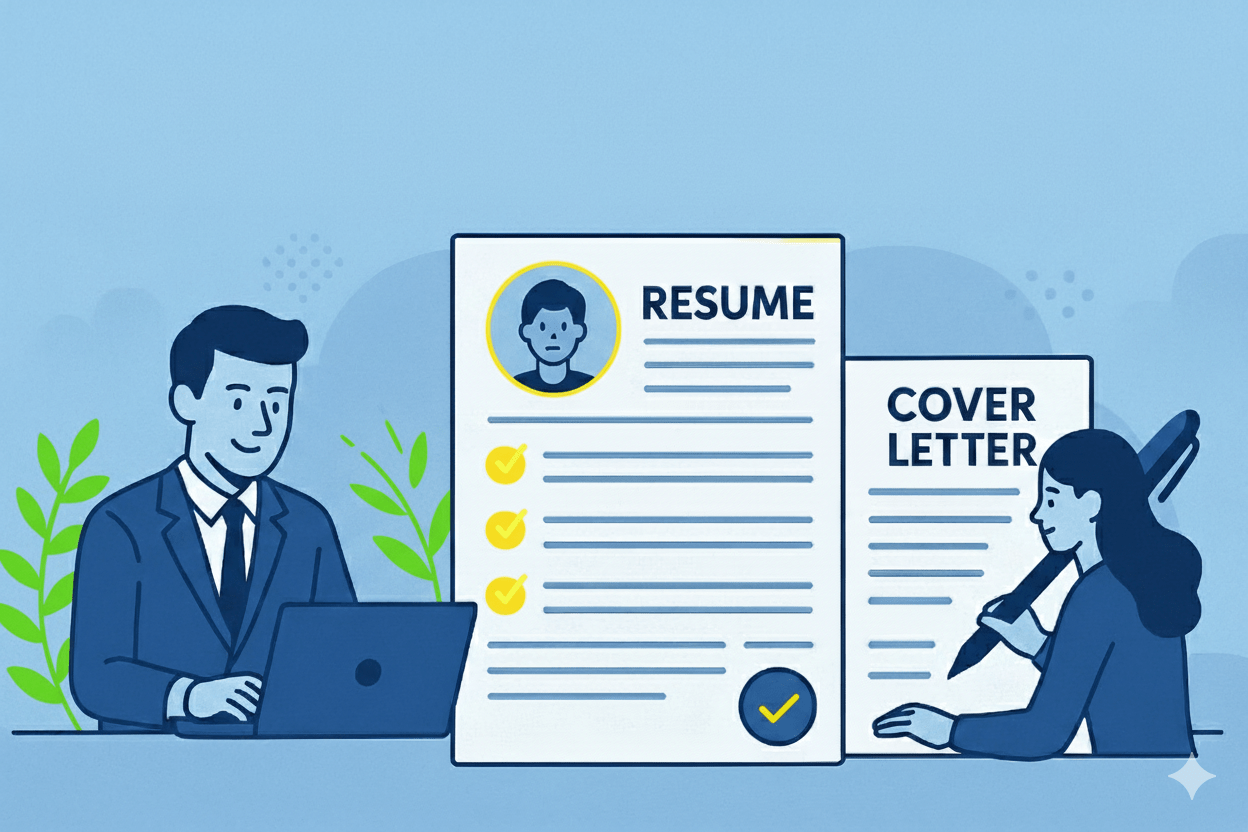The Future of AI in Onboarding & Training
Title: The Future of AI in Onboarding and Employee Training: Personalized, Engaging, and Data-Driven
Introduction
Onboarding and continuous learning are crucial for employee success and long-term retention. AI is poised to transform these processes, making them more tailored, efficient, and engaging. From personalized learning paths to AI-powered mentors, the future of employee development is undoubtedly shaped by intelligent technology.
The Rise of AI in Onboarding
- Hyper-Personalized Orientation: AI can analyze new hire data (past roles, skills, interests) to create customized onboarding plans that target knowledge gaps and accelerate their time-to-productivity.
- AI-Powered Virtual Assistants: New hires get round-the-clock assistance with onboarding tasks, company policies, and frequently asked questions through AI chatbots and knowledge bases.
- Gamified Onboarding: AI-driven gamification incorporates challenges, quizzes, and rewards to make the onboarding process interactive and increase knowledge retention.
- Immersive Simulations: VR and AR simulations powered by AI create realistic work scenarios for onboarding, allowing safe practice and skill-building in contextually relevant environments.
Transforming Training with AI
- Adaptive Learning Journeys: AI curates dynamic learning paths based on a learner’s progress, identifying areas needing improvement and suggesting content targeted to individual knowledge gaps.
- Microlearning Modules: AI delivers bite-sized, personalized training units for easy consumption and immediate application in the workflow.
- Intelligent Content Curation: AI recommends relevant learning resources (articles, videos, podcasts), from within and outside the organization. This keeps content fresh and aligned with individual growth goals.
- AI-Powered Virtual Mentors: AI mentors offer on-demand guidance, answer questions, and provide tailored feedback for continuous learning throughout an employee’s journey.
AI-Driven Training Innovations on the Horizon
- Real-Time Performance Coaching: AI analyzes employee work (writing samples, sales calls) with permission, providing in-the-moment feedback on potential improvement areas.
- Personalized Skills Benchmarking: AI compares an employee’s skills against industry standards and those of high performers, highlighting actionable areas for advancement.
- Predictive Skill Gap Analysis: AI uses historical performance data to proactively identify emerging skill needs, aligning training programs for future workforce requirements.
- Sentiment Analysis Tools: AI gauges employees’ engagement levels and satisfaction with training programs, allowing for iterative improvement and ensuring resources have the desired effect.
Statistics on AI in Onboarding and Training
- According to a [LinkedIn Workplace Learning Report], 94% of employees would stay at a company longer if it invested in their continuous learning.
- A [McKinsey study] indicates that AI-powered training could boost productivity by up to 50%.
Navigating the Benefits and Challenges of AI
Benefits
- Efficiency and Accessibility: AI-powered tools automate repetitive tasks, offer 24/7 availability, and make training more accessible for distributed and remote teams.
- Personalization at Scale: AI delivers individualized learning experiences, ensuring every employee receives the support they need for optimal development.
- Data-Driven Decision-Making: AI helps L&D (Learning and Development) teams track engagement, identify trends, and make informed decisions on program improvement.
Challenges
- Dependence on Quality Data: The effectiveness of AI relies on clean, comprehensive employee data for accurate insights and recommendations.
- Potential for Bias: AI algorithms must be carefully monitored to prevent unconscious biases from creeping into training content or personalized learning pathways.
- The Need for a Human Touch: While AI is transformative, it should complement, not replace human involvement in coaching, mentorship, and nuanced skills development.
Conclusion
AI is set to revolutionize workplace onboarding and training experiences. By moving towards a model of continuous learning and personalized development, organizations will unlock employee potential, boost engagement, and drive innovation within their teams. Integrating AI strategically, addressing potential challenges, and prioritizing the human-technology partnership will be crucial for companies to fully capitalize on these cutting-edge advancements.

